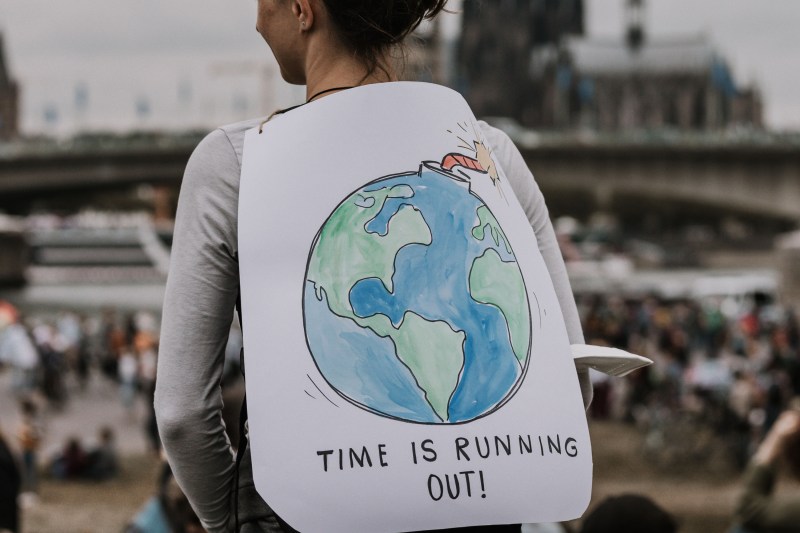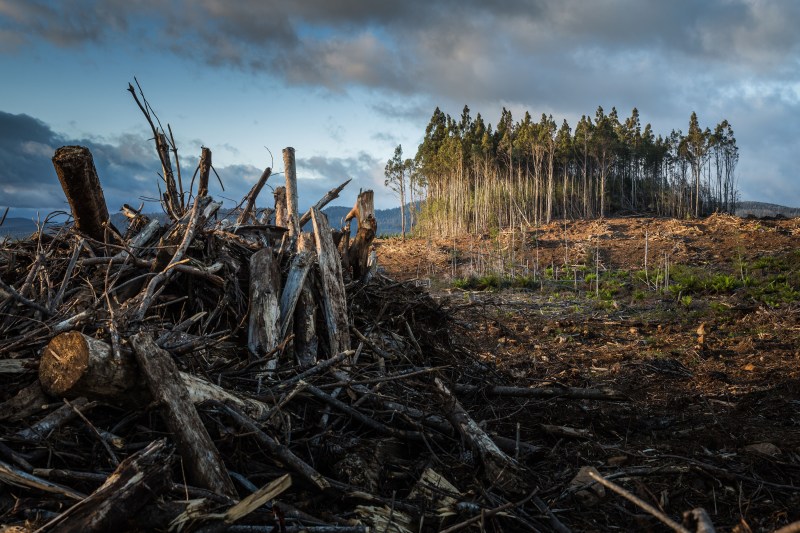A new climate report analyzing the most recent science and climate change news provides a bleak outlook for the future. According to the United in Science 2022 report, we’re going in the wrong direction. The world’s chances of avoiding the worst effects of the climate crisis are quickly slipping away as we’ve collectively and repeatedly failed to take the necessary action.
In spite of increasingly dire warnings, global governments and businesses have not been working fast enough to cut greenhouse gas emissions—and we’re already facing the consequences. The recent increase in extreme weather events is only the beginning. Keep reading to learn about the biggest findings of this report and what they mean for you.

Most shocking findings of the United in Science Report
The World Meteorological Organization coordinated the 2022 United in Science report with various high-level climate change organizations from around the world. You can view the full report for free here. Or, check out our breakdown of some of the most illuminating climate change facts from the report:
- The last seven years have been the hottest on record.
- There’s a 93% chance that at least one out of the next five years will be warmer than 2016 (the current hottest year on record).
- Though carbon dioxide emissions dropped during the pandemic, the results were temporary; carbon emissions returned to pre-pandemic levels in 2021.
- Almost half of the planet’s population (3.3-3.6 billion people) live in areas that are highly susceptible to the effects of climate change.
- By the 2050s, residents of 97 cities (more than 1.6 billion people) will regularly experience three-month average temperatures of at least 35C (or 95 degrees Fahrenheit).
- Current climate-related disasters are costing $200 million in daily losses.
- National emissions pledges are not enough to keep global heating at 1.5C above pre-industrial levels.

Growing risks and the cost of inaction
Pledges to cut emissions set by leaders at last November’s UN Cop26 climate summit have fallen short. Increasing gas prices have driven some governments to return to fossil fuels. And the world is failing to mitigate and adapt to the effects of the climate crisis as quickly as needed.
People around the globe are already suffering from the impacts of the climate crisis. Extreme weather events are becoming all-too-common examples of global climate change news. The recent flooding in Pakistan, droughts in China and the U.S., heatwaves across Europe, and famine-like conditions in parts of Africa all reflect a depressing trend of progressively dangerous weather and provide a glimpse at what our future holds.
According to António Guterres, the secretary general of the United Nations, “There is nothing natural about the new scale of these disasters. They are the price of humanity’s fossil fuel addiction. This year’s United in Science report shows climate impacts heading into uncharted territory of destruction.”
The latest climate change news paints a bleak picture of our future and demonstrates, more clearly than ever, the urgency of the climate crisis. This is not a far-off problem—the consequences of global warming are already here, impacting millions of lives every day. We’re already paying the price for our delayed action. Only one question remains: how long will we let it continue?



